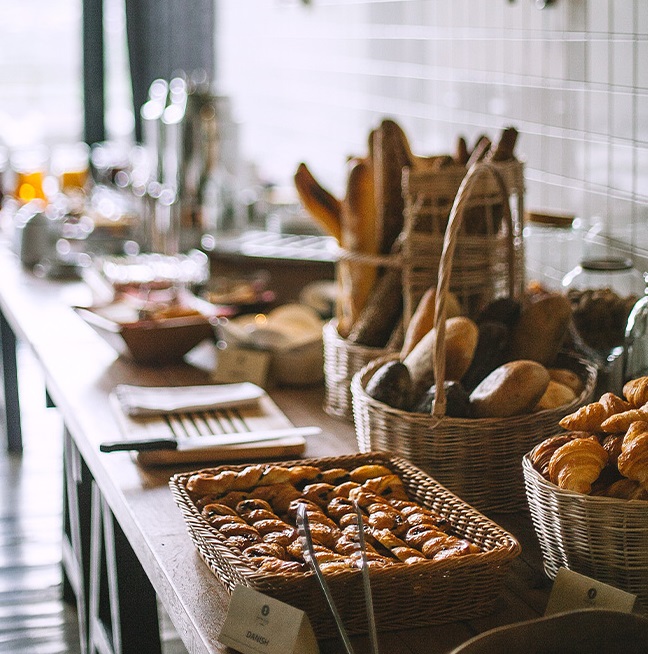Caterer
City resources for all businesses
Review and use the City's resources for planning, launching and growing a business in Minneapolis.
Step-by-step help
Training, consulting and financing
- Get free training and consulting services
- Explore small business financing
- Explore financing for real estate developers
Licensing
In-person services
Minneapolis Zoning
Check with our zoning staff before you sign a lease.
Make sure you open your business in a area that is zoned for that business.
Our zoning maps show the zoning classification of a property.
Licensing
You need to know and follow the licensing requirements for your type of business.
Review the business license application
You must have a license to operate a food business in Minneapolis.
Gather documents you will need for your license application
The application may require documents, such as:
- A proposed menu
- A floor plan for your space
- Your food plan review
Submit all required documents and fees to your Development Coordinator
Upon document submittal, your Development Coordinator will forward your documents to the appropriate City departments for review and approval. They will be your main point of contact throughout the regulatory process.
Steps for food businesses
Be sure to review the steps that may be required for starting and maintaining a food business.
Complete food plan review
You must submit plans for:
- A new food or alcohol business, including food carts, kiosks, and trucks
- Remodeling or expanding an existing food or alcohol business
- Replacing food equipment that requires gas, mechanical or plumbing permits for installation
- Adding ventless cooking equipment or ventless hoods
If you need to submit plans, they must be approved before you start any work.
Find more information about food plan review
Make a plan to have a Certified Food Protection Manager
Minnesota state law requires restaurants to have a Certified Food Protection Manager at each location. They must be on staff within 60 days of opening. Certification requires attending an approved food safety class and passing an exam.
See the Certified Food Protection Manager requirements
Licensed kitchens
You must prepare food in a Minneapolis licensed kitchen. Kitchen options include:
- Institutional kitchen: Churches, or other community institutions like schools, often have large, health-inspected kitchens that are not always in use. They may be willing to rent you space during off times.
- Restaurant kitchen: Some restaurants are willing to rent out their kitchen space during times when they are not open.
- Shared commercial kitchen: This can be a good option if you are looking for some additional business support in addition to kitchen space. Often, shared commercial kitchens are connected to business support organizations.
Review food business rules
Minneapolis has rules about additives, containers and staple foods.
Be prepared for health inspections
Your first routine inspection will occur within 60 days of opening. We focus on food safety. Be sure to follow good food safety practices and regularly complete a self-inspection.
Sewer Availability Charges (SAC)
Ask the Met Council to determine the amount of your SAC fee.
Details
Residents and business have to pay to use the regional sewer system.
The Met Council determines your SAC fee.
Apply early. Fees can be expensive.
Related links
Promotion
After you open, introduce local residents and leaders to your business.
Use these resources to find the contact information for local leaders and organizations.
Contact us
Small Business Team
Community Planning & Economic Development
Phone
Address
Public Service Building
505 Fourth Ave. S., Room 320
Minneapolis, MN 55415
Business Licenses & Consumer Services
Phone
612-673-2080
Fax
612-673-3399
Address
Public Service Building505 Fourth Ave. S., Room 220
Minneapolis, MN 55415
Office hours
8 a.m. – 4 p.m.
Monday – Thursday
9 a.m. – 4 p.m.
Friday


